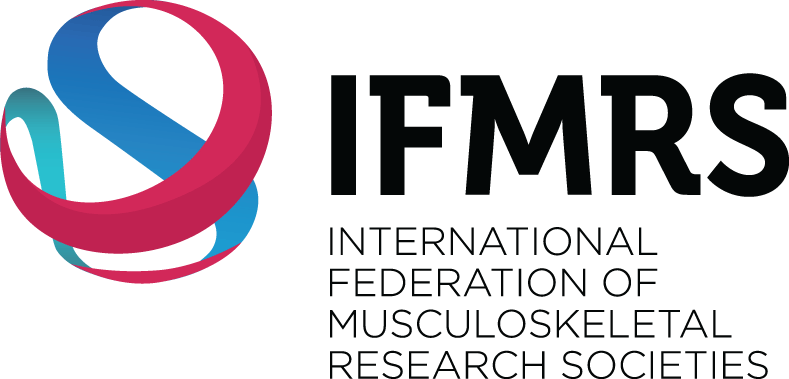MEET THE FIRST AUTHOR
Transcription factor Fra-1 targets arginase-1 to enhance macrophage-mediated inflammation in arthritis
Nicole Hannemann, Shan Cao, Daniel Eriksson, Anne Schnelzer, Jutta Jordan, Martin Eberhardt, Ulrike Schleicher, Jürgen Rech, Andreas Ramming, Steffen Uebe, Arif Ekici, Juan D. Cañete, Xiaoxiang Chen, Tobias Bäuerle, Julio Vera, Christian Bogdan, Georg Schett, and Aline Bozec
Journal of Clinical of Investigation 16:129(7) 2669-2684 (2019).
July 2019
The polarization of macrophages is regulated by transcription factors, such as NF-κB and activator protein 1 (AP-1). In this manuscript, we delineated the role of the transcription factor Fos-related antigen 1 (Fra-1) during macrophage activation and development of arthritis. Network level interaction analysis of microarray data derived from Fra-1– or Fra-2–deficient macrophages revealed a central role of Fra-1, but not of Fra-2, in orchestrating the expression of genes related to wound response, Toll-like receptor activation, and interleukin signaling. ChIP sequencing and standard ChIP analyses of macrophages identified arginase 1 (Arg1) as a target of Fra-1. Luciferase reporter assays revealed that Fra-1 downregulated Arg1 expression by direct binding to the promoter region. Using macrophage-specific Fra-1– or Fra-2–deficient mice, we observed enhanced expression and activity of Arg1 and a reduction of arthritis in the absence of Fra-1, but not of Fra-2. This phenotype was reversed by treatment with the arginase inhibitor Nω-hydroxy-nor-ʟ-arginine, while ʟ-arginine supplementation increased arginase activity and alleviated arthritis, supporting the notion that reduced arthritis in macrophage-specific Fra-1–deficient mice resulted from enhanced Arg1 expression and activity. Moreover, patients with active rheumatoid arthritis (RA) showed increased Fra-1 expression in the peripheral blood and elevated Fra-1 protein in synovial macrophages compared with RA patients in remission. In addition, the Fra-1/ARG1 ratio in synovial macrophages was related to RA disease activity. In conclusion, these data suggest that Fra-1 orchestrates the inflammatory state of macrophages by inhibition of Arg1 expression and thereby impedes the resolution of inflammation.

Nicole Hannemann
First Author
University of Erlangen-Nuremberg, Germany

Ronald Kwon
Interviewer
University of Washington, USA

